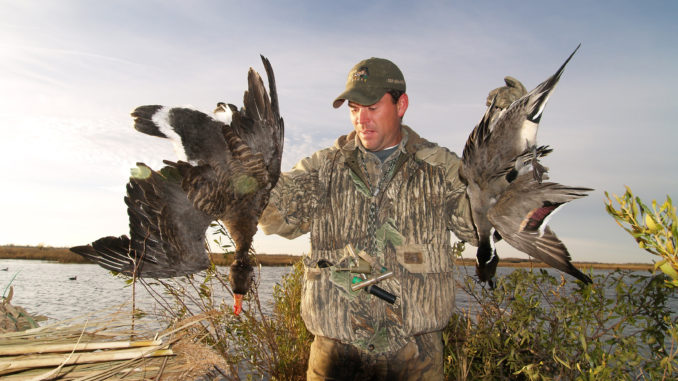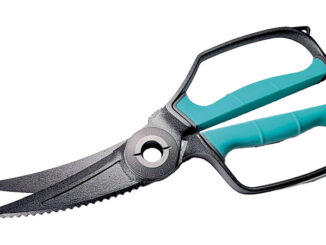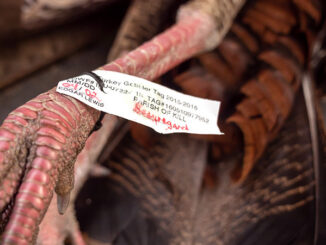
In advance of the opening of the regular duck season this weekend, the Louisiana Department of Wildlife and Fisheries is advising duck hunters to remain aware of ongoing activities in coastal areas affected by the Deepwater Horizon oil spill.
The 2010-11 duck season will run from Nov. 13 through Jan. 30, and hunters may encounter clean-up crews and Natural Resource Damage Assessment teams gathering samples for testing. Clean-up activities continue in the marshes, bays and on beaches of coastal southeast Louisiana.
Hunters are required to stay at least 65 feet from any existing clean-up operation or equipment, and are asked to be tolerant and respectful of this work.
In addition, NRDA data collection activities involving aerial and boat surveys, fish trapping and submerged aquatic vegetation sampling could be seen in some areas.
The U.S. Coast Guard and oil-spill response operations personnel have been briefed and will delay initiating work to reduce crowding at boat ramps and marsh disturbance during the popular early-morning hunting hours on opening weekend.
Hunters are advised that for the duration of the season, clean-up crews will be easily recognized as clusters of workers wearing white Tyvek suits, and their presence puts added emphasis on standard gun-safety procedures.
If a hunter harvests an oiled bird, it must be kept as part of the daily bag limit but LDWF is advising hunters not to eat visibly oiled ducks. Instead, hunters are asked to report any oiled bird harvested or any other oiled birds observed in the field to LDWF at 225.278.8082.
If a harvested bird is observed to be oiled, wrap the bird in aluminum foil or paper and deliver it to the nearest LDWF field office or active bag check station so the bird can be analyzed and become part of the oil spill damage assessment.


